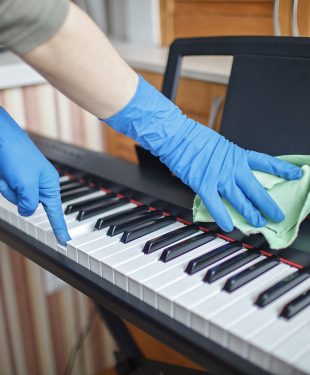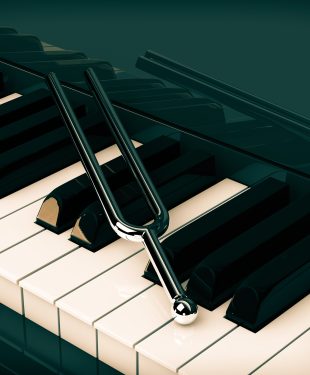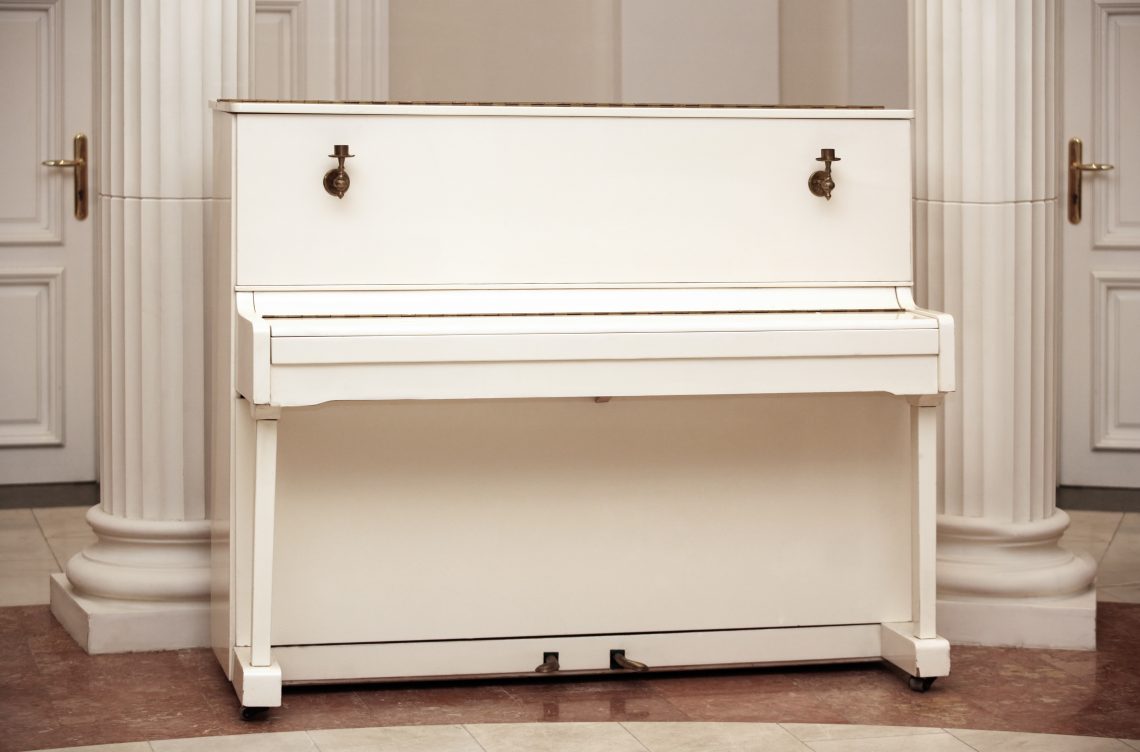Here are 5 simple tricks to make your used piano last longer. Taking proper care of a used piano through simple maintenance can greatly extend its lifespan. Even with regular use, a pre-owned piano from a music shop San Jose can provide years of enjoyment if given some basic upkeep. With routine tuning, minor repairs, regulating humidity, and cleaning, an old piano can sound and function like new. Simple steps like wiping down the keys, keeping the felts dust-free, and protecting it from direct sunlight can prevent unnecessary wear. Though new pianos are appealing, investing some care in an older instrument is an economical way to keep it in ideal playing condition. With just a little effort, the life of a used piano can be prolonged considerably.
Trick 1: Regular Dusting and Cleaning
Taking proper care of a used piano through simple maintenance can greatly extend its lifespan. Even with regular use, a pre-owned piano can provide years of enjoyment if given some basic upkeep. With routine tuning, minor repairs, regulating humidity, and cleaning, an old piano can sound and function like new. Simple steps like wiping down the keys, keeping the felts dust-free, and protecting it from direct sunlight can prevent unnecessary wear. Though new pianos are appealing, investing some care in an older instrument is an economical way to keep it in ideal playing condition. With just a little effort, the life of a used piano can be prolonged considerably. It is important to have a used piano regularly tuned, usually once or twice a year.
 This keeps it sounding its best and prevents more serious issues down the road. Minor repairs like tightening loose hardware, fixing sticky keys, or replacing broken strings can also go a long way. Monitoring humidity is also essential, as too much moisture or dryness can damage the wood and tuning over time. Basic cleaning like wiping down the keys, cleaning around hammers, and dusting the soundboard helps reduce friction and wear. Small steps like closing the lid when not in use protects it from light damage. With simple, periodic maintenance any used piano can provide many years of musical enjoyment while retaining its value and quality.
This keeps it sounding its best and prevents more serious issues down the road. Minor repairs like tightening loose hardware, fixing sticky keys, or replacing broken strings can also go a long way. Monitoring humidity is also essential, as too much moisture or dryness can damage the wood and tuning over time. Basic cleaning like wiping down the keys, cleaning around hammers, and dusting the soundboard helps reduce friction and wear. Small steps like closing the lid when not in use protects it from light damage. With simple, periodic maintenance any used piano can provide many years of musical enjoyment while retaining its value and quality.
Dust buildup inside your piano can cause major problems over time. Dust particles can clog up moving parts like keys and pedals, making them sluggish and less responsive. Thick layers of dust covering the soundboard will dampen vibrations, reducing volume and tone quality. Make it a habit to thoroughly clean your piano at least 2-3 times per year. Carefully vacuum the inside, wipe down the exterior with a microfiber cloth, and clean each key individually. This prevents sticking keys and keeps all components moving freely. Regular cleanings will help your used piano maintain excellent sound and playability.
Trick 2: Humidity Control
Keeping your piano at the proper humidity level is crucial for its health. The ideal humidity range is 40-60%. Too much moisture causes swelling and cracking in the wooden parts. Too little causes shrinking, splits, and brittle action. Use a hygrometer to monitor humidity near your piano. If needed, use a humidifier in dry months and a dehumidifier in damp months to keep the level in the optimal range. The humidity level impacts tuning stability too. With regulated humidity between 40-60%, the tuning will hold better and reduce the need for frequent tunings. Proper moisture also keeps wood joints snug and prevents cracking of the soundboard. Take humidity seriously to prevent expensive warping repairs.
Trick 3: Tuning and Minor Repairs
 It’s important to keep your used piano well-tuned with annual or biannual professional tunings. Being out of tune strains the piano’s structure and can lead to more serious issues over time. If you notice certain notes going out of tune quickly, have a technician check for potential problems. It’s also wise to learn basic DIY repair skills like tightening loose hardware, fixing sticky keys, or replacing broken strings. Doing minor touch-ups and fixes regularly prevents small issues from turning into major headaches down the road. With proper tuning care and your own basic repair skills, your used piano will hold up better.
It’s important to keep your used piano well-tuned with annual or biannual professional tunings. Being out of tune strains the piano’s structure and can lead to more serious issues over time. If you notice certain notes going out of tune quickly, have a technician check for potential problems. It’s also wise to learn basic DIY repair skills like tightening loose hardware, fixing sticky keys, or replacing broken strings. Doing minor touch-ups and fixes regularly prevents small issues from turning into major headaches down the road. With proper tuning care and your own basic repair skills, your used piano will hold up better.
Trick 4: Proper Handling and Use
Avoid abusing your used piano through overly forceful playing or improper handling. Pounding the keys too vigorously can damage the action over time. Make sure children don’t bang on the piano wildly. Always open and close the lid gently to prevent cracking. Be very careful when moving your piano, as the interior parts can shift and break if jostled too much. Protect the finish by not placing drinks, plants or other heavy decorative objects on top. The piano is a delicate instrument, not a shelf or jungle gym. With careful, respectful use by all players, your used piano won’t get prematurely worn out. Show your piano some love through gentle handling and use.
Trick 5: Protecting from Sunlight/Temperature Changes
Trick 5: Protecting from Sunlight/Temperature Changes (150 words)
Direct sunlight can damage your piano’s finish over time and cause warping of the soundboard. Keep the piano out of the bright sun if possible. Rapid temperature fluctuations are also detrimental. Don’t place it near heating/cooling vents, fireplaces, or drafty windows. The best environment has minimal temperature variability. If seasons shift, allow gradual acclimation over weeks, not sudden changes. Stable conditions will ensure glue joints and wood parts expand/contract minimally through the years. Consider covering or moving the piano if needed to protect it from light and temperature swings.
Conclusion
Caring for a used piano is easy with just a few simple tricks: regular dusting and cleaning, humidity control between 40-60%, annual tunings, and minor repairs, gentle use and handling, and protection from sunlight and temperature swings. My grandmother kept her mahogany upright in great shape for over 70 years through basic maintenance like this. With the proper care, your used piano can also provide beautiful music and fond memories for decades to come. Show your instrument some love by keeping it clean, regulating the environment, getting regular tunings, using it respectfully, and shielding it from harsh elements. Your loyal piano will sing to you in return for many years of enjoyment.
Read more lifestyle articles at ClichéMag.com
Images provided by Deposit Photos, BingAI, Adobe Stock, Unsplash, Pexels, Pixabay & Creative Commons



